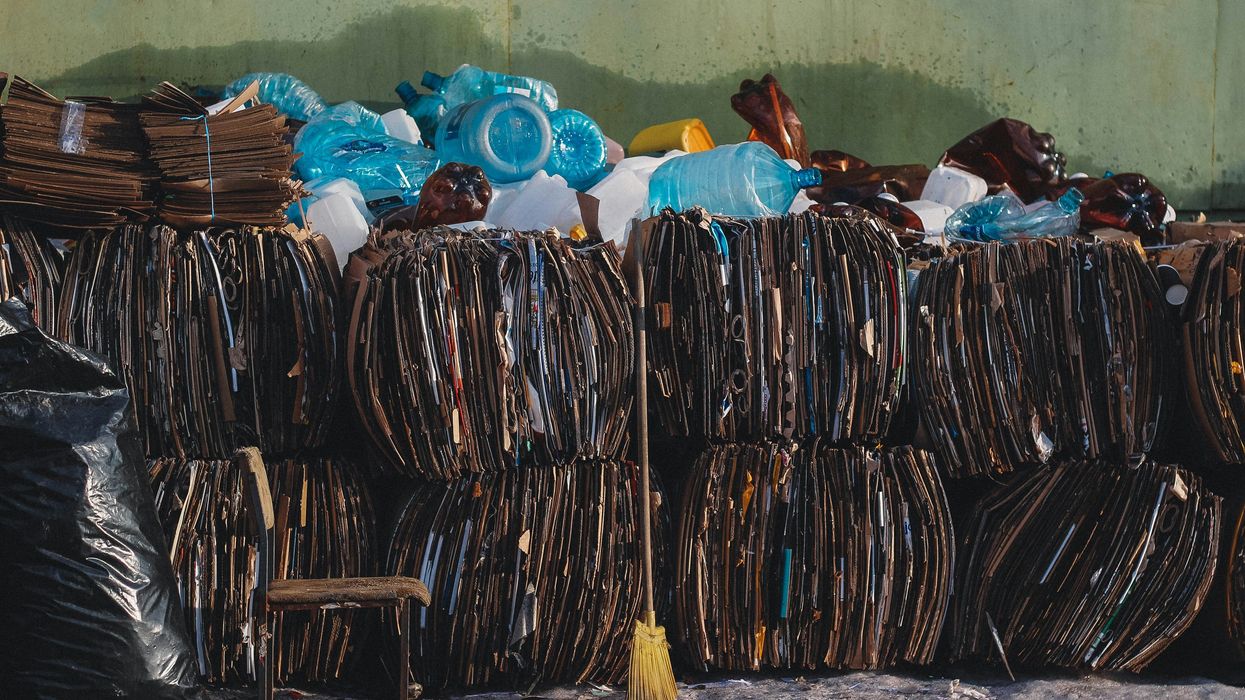As United Nations negotiators debate a plastics treaty in Geneva, Nairobi’s landfill pickers say corporate “plastic credits” are stripping away the bottles they depend on for income.
Benard Ogembo, James Wakibia and Conor McGlone report for DeSmog.
In short:
- Verra, the dominant carbon-credit verifier, is lobbying to embed plastic credits in the global plastics treaty while partnering with firms such as Dow and ExxonMobil.
- Kenya’s TakaTaka Solutions sells credits to Bentley Motors, claiming “net-zero plastic,” yet waste pickers say the company intercepts high-value plastics upstream and leaves them with worthless trash.
- Analysts warn the scheme mirrors flaws in carbon offsets, delivering little new cleanup and letting petrochemical producers avoid cuts to virgin plastic output.
Key quote:
“We used to pick. Now we’re just searching. Many women here scavenge with their children. They have no choice. They can’t afford school fees.”
— Solomon Njoroge, chair of the Nairobi Recyclable Waste Association
Why this matters:
Plastic production already outpaces the planet’s ability to absorb its waste. Credits that let corporations claim “net-zero plastic” without cutting output could accelerate that imbalance. When high-value bottles are siphoned off before they reach dumps, informal collectors lose one of the few reliable incomes in sprawling cities like Nairobi. The job loss also weakens the back-stop that keeps some trash out of rivers and oceans, shifting clean-up costs onto public health systems that must contend with contaminated water, toxic burn-offs and the microplastics now found in human blood. If credit markets proliferate, governments may feel less urgency to restrict virgin plastic, locking in decades of fossil fuel demand and pollution globally.
Learn more: The invisible workforce at the frontlines of plastic waste management
















